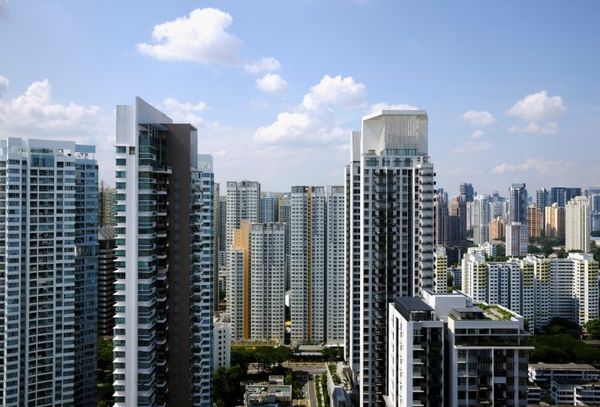SINGAPORE, Feb 14 — Singapore’s government is expected to focus on cost of living issues, housing, and employment in next week’s budget as it heads towards an election buoyed by strong growth and low inflation but facing uncertainties over US trade policies.
Economists forecast an expansionary budget in 2025, with DBS expecting an overall fiscal deficit of S$3.8 billion (US$2.8 billion), or 0.5 per cent of gross domestic product and Maybank estimating a deficit of SG$6 billion, or overall surplus of 0.8 per cent.
The two banks expect the government to report an overall fiscal surplus of 0.8 per cent of GDP in 2024, higher than the government forecast of 0.1 per cent due to unexpected growth in revenue from corporate and personal income and goods and services taxes.
“Measures will look to cushion households’ cost of living pressures and support families. Initiatives will aim at sharpening long-term economic competitiveness,” DBS economist Chua Han Teng said in a report.
The budget will be announced on Tuesday by Prime Minister and Finance Minister Lawrence Wong, his first since taking the top post last year.
Some economists expect him to retain or increase cost-of-living support, such as cash, grocery vouchers, and utility rebates, despite improving domestic conditions, as the People’s Action Party that has dominated Singapore politics tries to improve its 2020 election performance.
DBS’s Chua expects support to be generous ahead of the election, while BMI, a unit of Fitch Solutions, said the government would want to boost its voter appeal by focusing on living costs.
“Maintaining or increasing the level of direct transfers could, therefore, reflect political considerations more than economic needs,” BMI said of the budget.
Singapore’s economy grew faster than expected into the end of 2024, data showed on Friday, but the government maintained its forecast for growth between 1.0 per cent to 3.0 per cent this year and warned of some risks from global trade frictions.
A more protectionist global trade landscape could emerge from US President Donald Trump’s tariffs, posing challenges to highly trade-dependent economies like Singapore, although economists see a generous budget helping cushion external blows.
While rising housing prices continue to be a concern, Maybank economists do not expect further cooling measures, anticipating the government will let earlier steps take their course and avoid any over-correction.
Last month, Singapore’s central bank loosened its monetary policy for the first time since 2020.
($1 = 1.3437 Singapore dollars)
— Reuters




